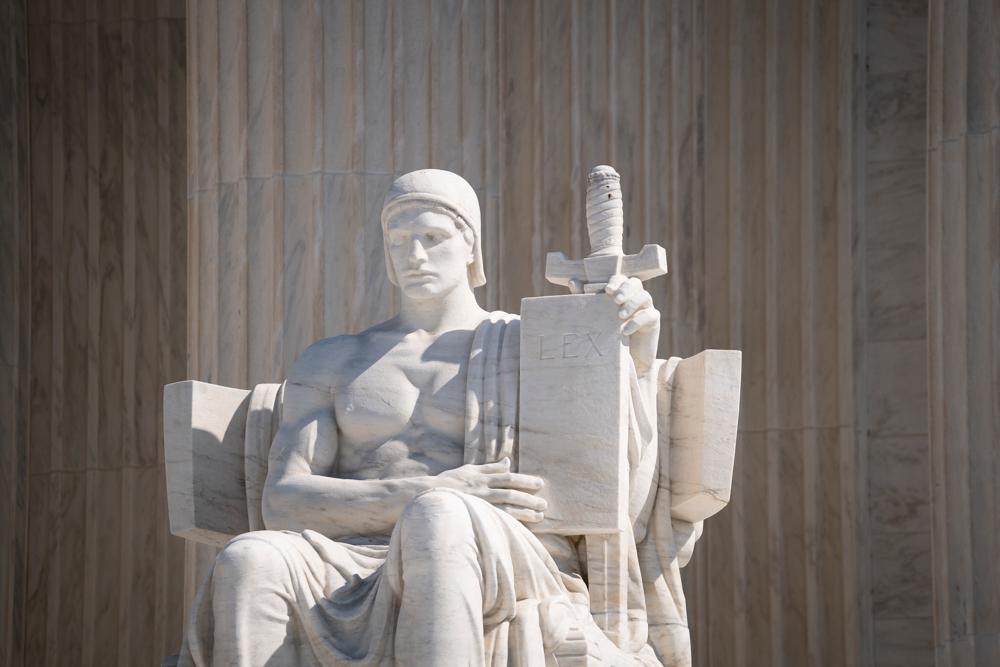A charter school board in Oklahoma has asked the U.S. Supreme Court to review a state court ruling denying authorization for the nation’s first publicly-funded religious charter school.
The board’s attorneys at the Alliance Defending Freedom (ADF) said the petition in Oklahoma Statewide Charter School Board v. Drummond was filed with the nation’s highest court on Oct. 7. The respondent, Gentner Drummond, is the state’s attorney general.





